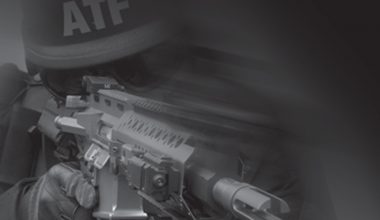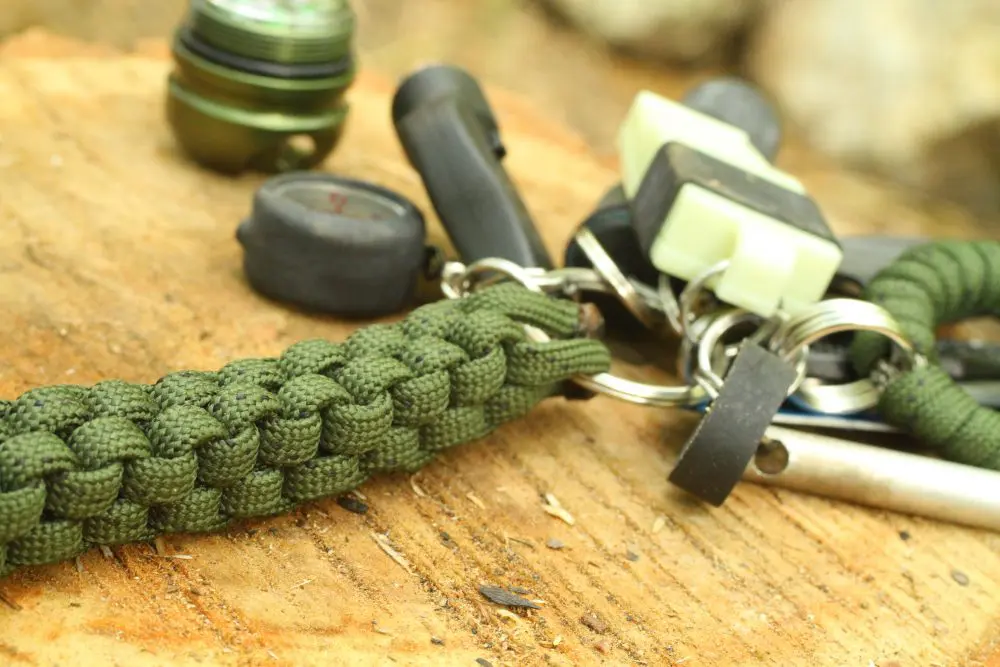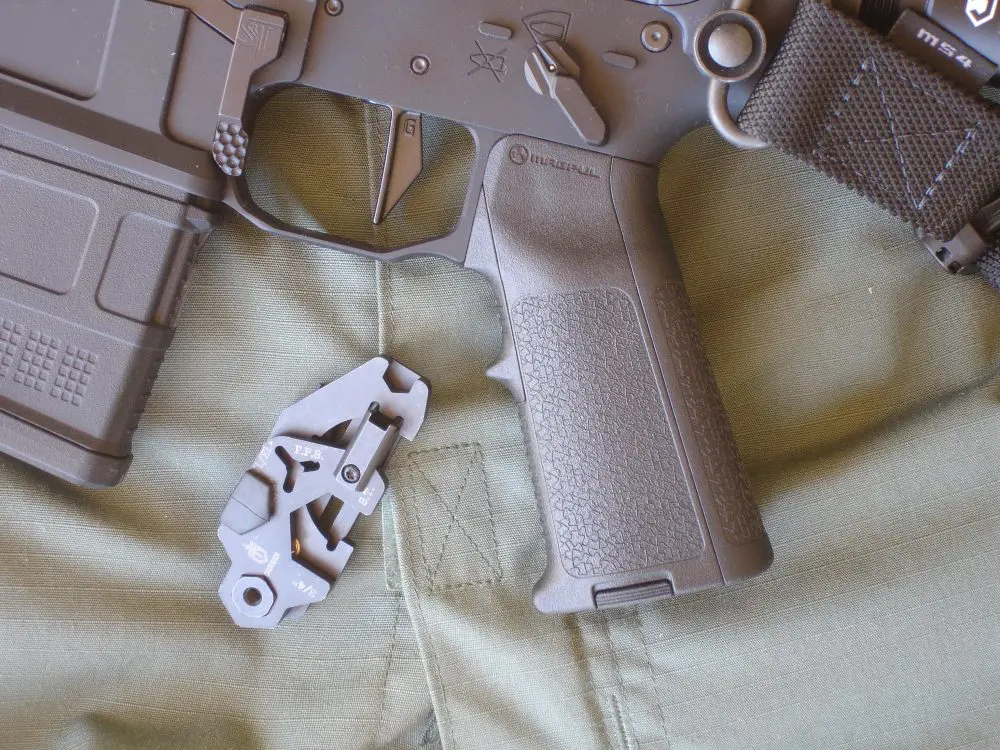With each new murderous beast apparently in competition with all who came before for the “Most Evilly Depraved” trophy, the sad reality is that we are in the age of mass shootings. Where concerts, movies, church sermons, and schools become killing grounds. Where to be a soft target is to court death. Given that reality, it should perhaps not come as a surprise that a few entrepreneurs have decided to explore the profit potential of offering body armor for schoolkids.
Most of the body armor products marketed for schoolchildren are built into what would seem to be standard children’s backpacks, in the bright colors and decorative patterns one is accustomed to seeing on such packs. Weighing slightly more than their unarmored counterparts, they can be worn conventionally to protect the back, or held in front like a shield.
Most currently on the market offer Level IIIA protection, meaning that, like a police officer’s concealable soft body armor, they are rated to stop most handgun bullets, but should not be expected to stop a round fired from a centerfire rifle.
One could argue this is not an effective solution for school shootings, and indeed, given the continued vulnerability against rifle fire, and the armor’s ability to protect only a fairly small portion of even a child’s small frame, such concerns are not without merit.
Still, it’s one thing parents can do—right now—to make their children a little safer and perhaps a little more confident in their safety at school and in transit.
But some of the opposition to armored school gear appears to have a different motivation. During an ABC News story about the rise of the children’s body armor market, longtime professional gun control advocate Shannon Watts, of the anti-gun group “Moms Demand Action,” opined that offering these products to the general public “is not the solution.”
“It’s not the technology that is the issue—these materials are very important for members of the police force and members of the military. The issue is that American civilians are seeking them out….”
She sounds almost as if she not only disagrees with that choice, but seems a little perturbed that private citizens even have the choice. And perhaps that is not as far-fetched as it might seem. Some in the “gun control” advocacy movement actually do argue that body armor should only be legal for military and law enforcement personnel.
Josh Sugarmann, executive director of the virulently anti-gun Violence Policy Center, told U.S. News and World Report that, “Anybody with a credit card and a very clean record can build their own army in America—from an assault weapon with a high capacity magazine down to a ballistic helmet down to body armor,” and advocates more stringent regulation of body armor.
The U.S. News article, by the way, had the amazing title, “The Other Loophole: Bulletproof Armor,” because now, evidently, the purely defensive measure of making oneself more difficult to puncture with a bullet is available to private citizens only because of a loophole. A mistake to be rectified with more restrictive laws.
And such people are not without elected officials willing to agree with their wish for government-mandated vulnerability. Longtime champion of restrictive gun laws, United States Senator Richard Durbin (D-IL), has publicly lamented that “a person can buy body armor and can take that armor and use it to protect themselves while they kill innocent people.”
He has also argued that civilian possession of body armor is not protected by the Constitution. “I want to protect their right to hunt, for sporting purposes use guns, to even have guns in self-defense, but that doesn’t include high capacity ammo clips, military assault weapons and body armor … for goodness sakes, that is way beyond any Second Amendment right.”
And the motives of any private citizen who does want body armor are thus suspect, according to Durbin: “A question I have to ask: Why in the world does anyone need to buy body armor? I can see where the military would. I can see where the police would. But when an average citizen buys body armor, you think, what kind of things are you protecting yourself against here?”
Back in March, anti-gun politicians in Chicago passed an ordinance banning all sales of body armor to private citizens, after a police commander was shot and killed by a felon (who, as a felon, was already banned from possession of body armor) wearing a vest. They would have preferred a statewide ban (and would certainly have been giddy over a nationwide one).
And such legislation has been seen at the federal level. One bill introduced in 2015, by then-Congressman Mike Honda (D-CA), would have banned civilian ownership of “enhanced” body armor (armor of Level III or higher, thus capable of stopping rifle fire).
So when school backpacks that are capable of stopping rifle fire hit the market, they might also hit another attempt to ban them at the federal level. Again, such legislation makes it a crime to be too hard to kill. The only reason to pass such a law is to ensure that people are easy to kill.
And that perhaps is the explanation of why forcible citizen disarmament advocates want this legislation. Their agenda is one that benefits from soaring body counts and from the victims being young children.
The bloodier the massacre, the more helpless, precious, and innocent the victims, the better it is for those who would exploit the killing as justification for new infringements on that which shall not be infringed.
Children surviving such an attack doesn’t help these people, and so is apparently a problem to be fixed by yet one more restrictive law.
A former paratrooper, Kurt Hofmann was paralyzed in a car accident in 2002. The helplessness inherent to confinement to a wheelchair prompted him to explore armed self-defense, only to discover that Illinois denied that right. This inspired him to become active in gun rights advocacy.






